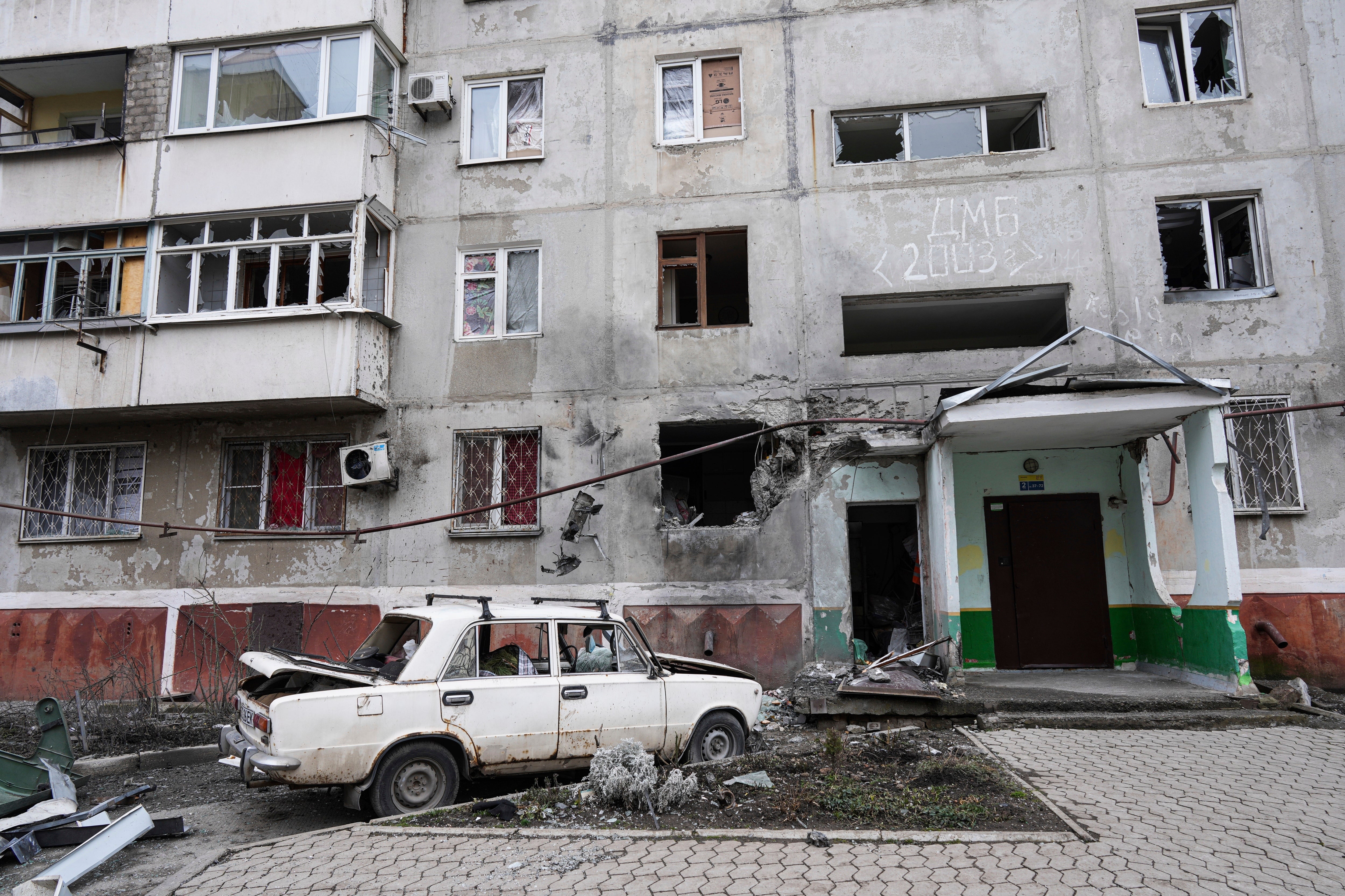Hundreds of thousands join Ukraine ‘IT Army’ to fight cyberwar with Russia

Hundreds of thousands of people have signed up to a Ukrainian ‘IT Army’ in an attempt to help the country launch cyber attacks.
The initiative has been supported by high-ranking members of the Ukrainian government and has already indicated that it may be behind a number of cyber attacks on Russian targets.
It suggested that it took down a technology used by Sberbank, one of Russia’s biggest banks. It has also indicated that it could have been behind attacks on other official websites.
The group has gained around 230,000 subscribers in the days since it was launched. Those who join are instructed to help with cyber attacks as well as other online efforts, including sending information to Belarus.
Much of the work is focused on taking down important websites, however, with posts in recent days instructing followers to launch cyber attacks on the Russian Federal Security Service or FSB, as well as banking websites and services.
It has already celebrated some successes. “Unbelievable cyberattacks hit Russian governmental services portal, Kremlin, Parliament, First Channel, Aerospace, Railroad websites on February 26th,” administrators wrote in one update, joking “Who has done that? ;) what a pity accident”.
The tone of the group as well as its structure is largely similar to the ironic and knowing kind of messages put out by Anonymous, another longer-established loose hacking collective that has been active in cyber attacks on Russian targets and others involved in the fighting in Ukraine.
But the “IT Army” appears to have received backing from officials including Mykhailo Fedorov, who serves as Ukraine’s vice prime minister as well as its minister for digital transformation.
“We are creating an IT army. We need digital talents,” he wrote, giving a link to the Telegram group where the efforts are organised.
“There will be tasks for everyone. We continue to fight on the cyber front. The first task is on the channel for cyber specialists.”
Mr Fedorov has been using his Twitter account to call on more visible people in the technology industry, including asking that Mark Zuckerberg make changes to Facebook policy to help Ukraine and tweeting to Elon Musk to ask for his aid with internet connectivity.
Join our commenting forum
Join thought-provoking conversations, follow other Independent readers and see their replies
Comments
Bookmark popover
Removed from bookmarks